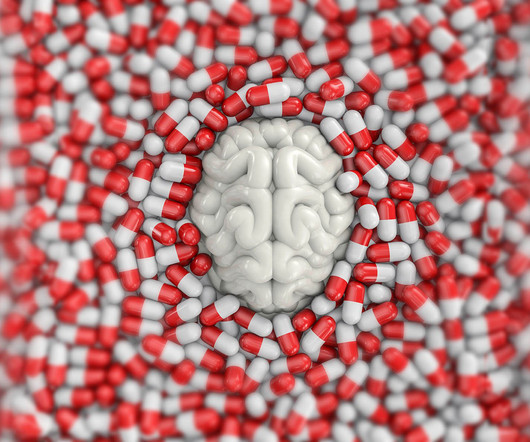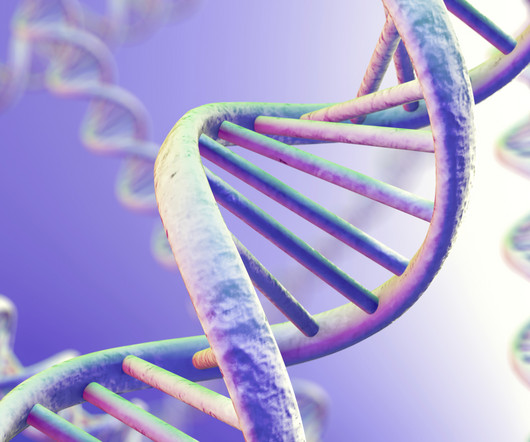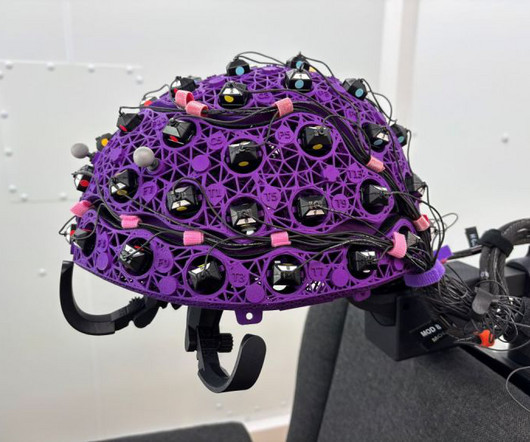Who Do We Leave Behind When We Ignore the Body? Why Critical Neuroscientists and Mad Activists Must Work Together
Mad in America
MAY 2, 2024
The prevailing logic goes: if we can validate biometric tests that are clinically predictive of mental health concerns like in other medical fields, we can more precisely, effectively, and without (solely) subjective clinical observation, treat the malady. Should we give up the search for biomarkers altogether?





















Let's personalize your content